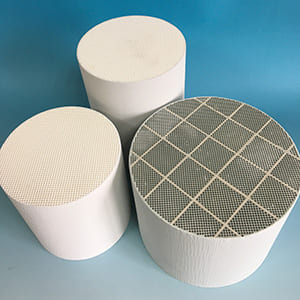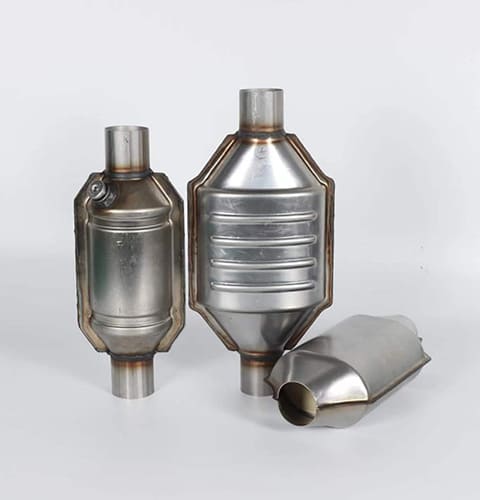Ever wondered why modern vehicles have cleaner emissions compared to older models? Have you noticed the term “Petrol Particulate Filter” (PPF), also name gasoline particulate filter (GPF) popping up in automotive discussions? If you’re curious about how PPFs compare to traditional exhaust systems, you’re in the right place. Let’s dive into the world of exhaust purification and understand the key differences.
Traditional exhaust systems have long been the standard for vehicles, but with increasing environmental regulations, new technologies like PPFs are becoming essential. Traditional exhaust systems primarily consist of components such as the exhaust manifold, catalytic converter, and muffler. They are designed to reduce noise and direct exhaust gases away from the engine. However, they fall short in effectively trapping particulate matter (PM) and volatile organic compounds (VOCs).
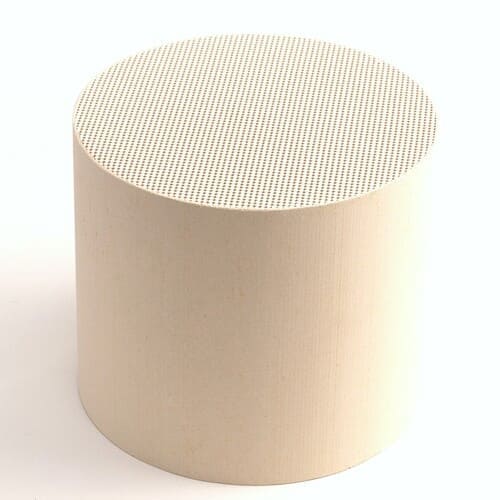
What Are Petrol Particulate Filters (PPFs)?
Petrol Particulate Filters (PPFs) are advanced components specifically designed to capture and reduce particulate matter emissions from gasoline engines. Unlike traditional exhaust systems, PPFs use a sophisticated filtration process to trap fine particles, which are then periodically burned off during a process called regeneration. This ensures that the filter remains effective over time.
PPFs are particularly effective in reducing particulate emissions, which are harmful to both human health and the environment. Traditional exhaust systems, on the other hand, may not efficiently capture these fine particles, leading to higher emissions.
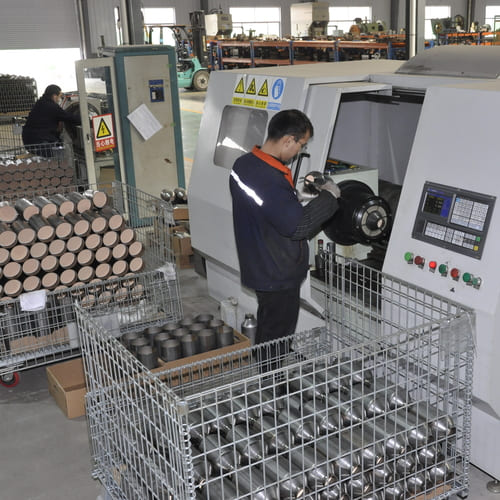
How Do PPFs Work?
PPFs operate by trapping particulate matter in a porous ceramic structure as exhaust gases pass through. The trapped particles are then oxidized and converted into less harmful substances during the regeneration process. This makes PPFs highly efficient in reducing particulate emissions.
Traditional exhaust systems rely heavily on catalytic converters to reduce harmful gases like carbon monoxide (CO), hydrocarbons (HC), and nitrogen oxides (NOx). While catalytic converters are effective in reducing these gases, they are not designed to capture particulate matter, making PPFs a necessary addition for modern vehicles.
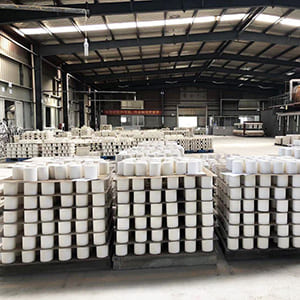
Key Differences Between PPFs and Traditional Exhaust Systems
Emission Reduction
PPFs are specifically designed to capture and reduce particulate matter emissions, whereas traditional exhaust systems focus on reducing gaseous pollutants. This makes PPFs more effective in meeting stringent emission standards.
Filtration Process
PPFs use a porous ceramic structure to trap fine particles, which are then burned off during regeneration. Traditional exhaust systems do not have this filtration capability, relying instead on catalytic converters to reduce gaseous pollutants.
Maintenance
PPFs require periodic regeneration to remain effective, whereas traditional exhaust systems do not have this requirement. This means that vehicles with PPFs may need additional maintenance to ensure optimal performance.
Environmental Impact
PPFs significantly reduce particulate emissions, which are harmful to both human health and the environment. Traditional exhaust systems, while effective in reducing gaseous pollutants, do not offer the same level of particulate reduction.
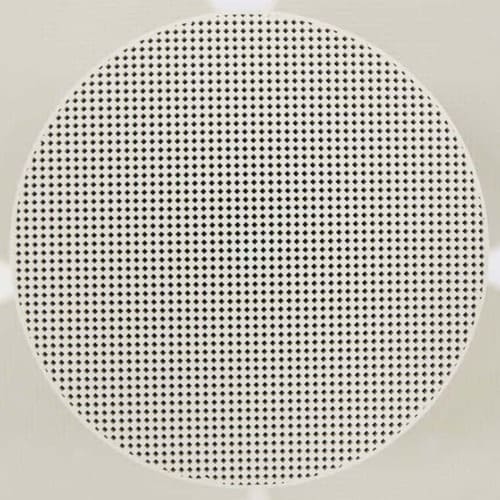
Why Are PPFs Important?
With increasing environmental regulations and a growing awareness of the health impacts of air pollution, PPFs have become essential in modern vehicles. They help reduce the amount of particulate matter emitted, making vehicles more environmentally friendly and compliant with stringent emission standards.
PPFs also play a crucial role in improving air quality, particularly in urban areas where vehicle emissions are a major source of pollution. By capturing and reducing particulate matter, PPFs contribute to cleaner air and a healthier environment.
Conclusion
In summary, Petrol Particulate Filters (PPFs) offer significant advantages over traditional exhaust systems, particularly in terms of reducing particulate matter emissions. While traditional exhaust systems focus on reducing gaseous pollutants, PPFs provide an additional layer of filtration that captures fine particles, making them essential for modern vehicles.
As environmental regulations continue to tighten, the adoption of PPFs is likely to increase, ensuring that vehicles remain compliant and environmentally friendly. By understanding the key differences between PPFs and traditional exhaust systems, you can appreciate the advancements in automotive technology aimed at reducing emissions and improving air quality.

